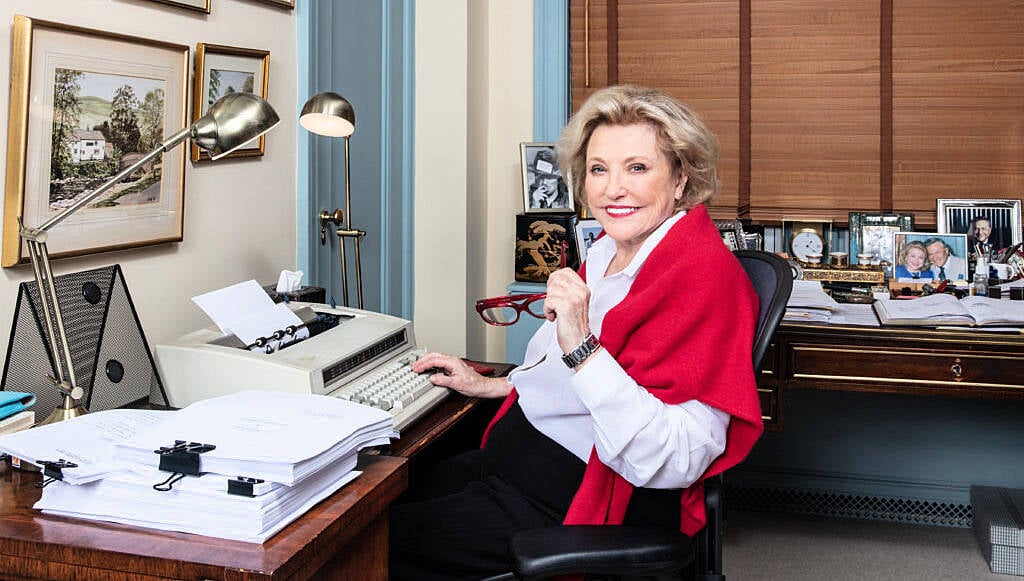Italy's Giacomo Puccini, famed for operas such as "Madame Butterfly", was panned by contemporary critics but harnessed then-novel technology such as records and cinema to become a global star, according to an exhibition that opened on Thursday. A century after the death of Puccini (1858-1924), who also composed "La Boheme", "Tosca" and "Turandot", the exhibition at Milan's legendary La Scala opera house seeks to uncover the secret of his international success. "Almost all the premiers of Puccini's operas were flops, disasters," and panned by critics, noted the outgoing director of La Scala, Dominique Meyer.
But despite this, "he very quickly became a superstar, because the public took over, and he became one of the most important composers in the history of opera", Meyer told AFP. Where once opera was confined to grand theatres, the invention and spread of the gramophone brought the music into people's homes, noted curator Gabriele Dotto. At the beginning of the 20th century there was a "commercial explosion", with a quadrupling in record sales, he said during a press preview.
Puccini and his publisher Ricordi took advantage of the changes to build a brand around the composer using modern marketing campaigns, including posters. "In this exhibition, we discover aspects of Puccini's personality that we didn't know, such as his interest in marketing," Meyer said. On show are many original documents from the Ricordi archive, owned by German media giant Bertelsmann.
They include d.


















